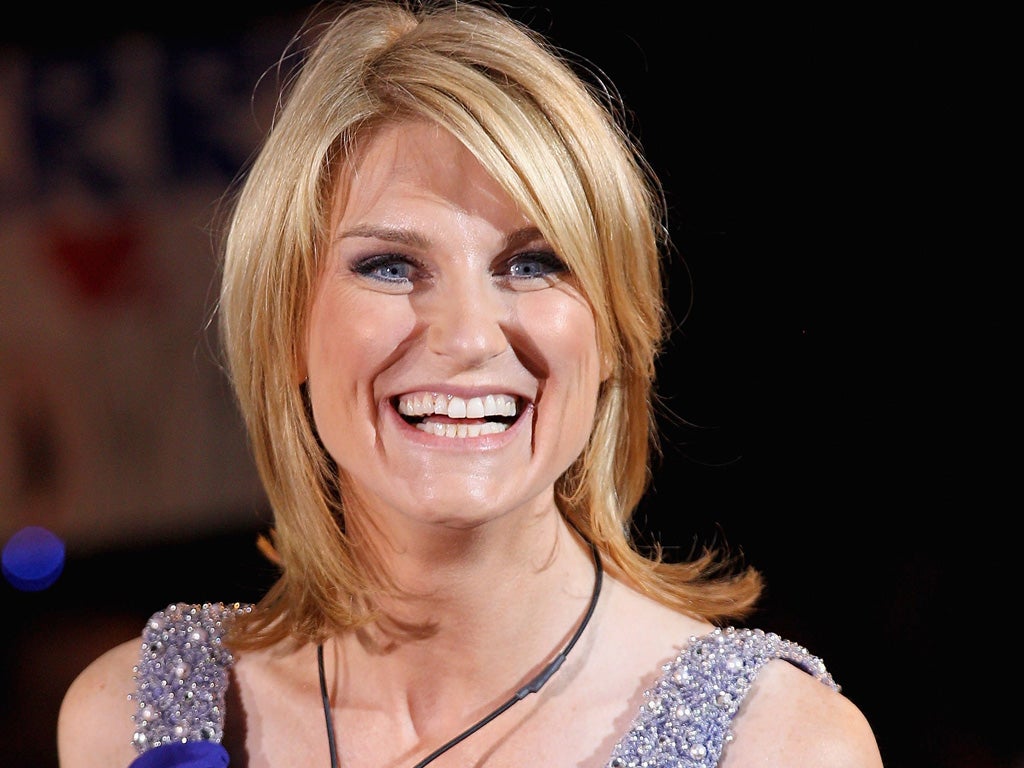Twitter users face possible lawsuits over defamatory Lord McAlpine tweets

Twitter users who wrongly suggested that Lord McAlpine was a paedophile could be sued even if they didn’t have any followers, experts said after it emerged that the former politician was considering libel action.
After the BBC’s Newsnight mistakenly alleged that a leading Conservative abused a boy in North Wales, several users of the website named the former party treasurer.
Among them were the Guardian columnist George Monbiot, who offered an “abject apology” to Lord McAlpine, saying: “I have done a few stupid things in my life, but nothing as stupid as this”, and Sally Bercow, the Speaker’s wife, who also apologised.
Lord McAlpine’s public relations representatives, Pellham Bell Pottinger, said that his lawyers might sue Twitter users for libel (though no individuals were mentioned) as well as the BBC.
The possibility raises a question about the limits of free speech on Twitter, some of whose users appear to act as if they think they can operate outside Britain’s strict law on defamation.
But this notion is illusory, laywers said, because Twitter is just as liable to defamation actions as traditional media outlets . “The principle is exactly the same,” David Allen Green, head of media at Preiskel & Co, said. “Publishing on the internet is the same as publishing in a newspaper or a book. As the law currently stands, libel is actionable without proof of damage and so, on the face of it, you can get sued even if you don’t have any Twitter followers.”
Although the law is clear in principle, case law on Twitter is still developing.
In the most famous (or infamous) legal action, a trainee accountant, Paul Chambers, was convicted in 2010 for jokingly threatening to blow up Robin Hood airport – and later acquitted.
A year later, Ryan Giggs threatened to sue Twitter users who broke a court injunction keeping secret his identity as an adulterer, but, in this case, too, ultimately no tweeter lost in court. In March this year, however, a cricketer, Chris Cairns, won a defamation case against Lalit Modi, the former chairman of the Indian Premier League, who had accused him of match fixing. The all-rounder won £90,000 in damages; his accuser was left with a legal bill of over £1m. The tweet was 24-words long.
Lawyers warn that people may be liable for retweeting messages as well as for the messages they write themselves. Mr Allen Green, who led Mr Chambers’ successful defence in the “Twittter Joke Trial”, said: “Although defamation is a civil matter, it is significant that the DPP has said he will treat retweets as a tweet in criminal cases.”
Traditional media such as newspapers could even be liable for their journalists’ tweets even if they are sent from a personal account.
Having only a few followers would not stop an action being brought, though it might lower any damages awarded, Mr Green said.
Charlotte Harris, a partner at Mishcon de Reya, said: “We want Twitter to be a forum for free expression. However, if there’s a clear breach of the law and people are abusing Twitter to post maliciously then it should be possible to take action against them.”
She urged Twitter itself to become more active and to remove defamatory or racist tweets, saying: “I think they should stop making excuses and start taking responsibility as a publisher and monitoring things more carefully.”
